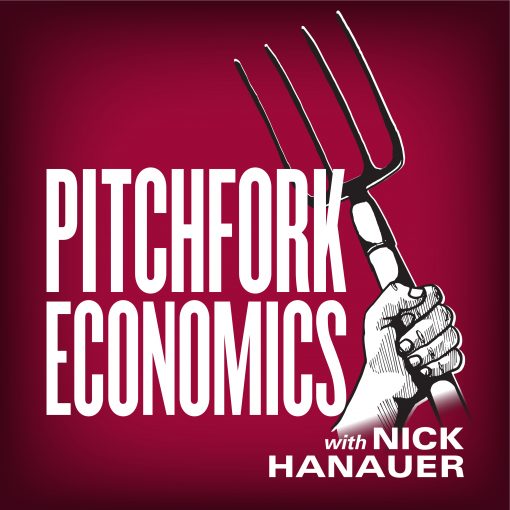Contrary to fears that economic inclusion must come at the expense of economic growth, global management consulting firm McKinsey & Company’s research and empirical evidence supports the idea that economic growth is at its best when it is most inclusive – but that equity needs to be embedded in systems from the start in order to be effective. What does ‘inclusion’ mean in the context of an economy that works for everyone? McKinsey’s JP Julien explains how policymakers and companies can ensure that economic growth goes hand-in-hand with – and is enhanced by – reducing inequality.
JP Julien is an Associate Partner at McKinsey & Company, where he serves US federal, state, and city governments on inclusive economic-development topics and supports private-, public-, and social-sector organizations in advancing racial equity. He is a leader of the McKinsey Institute for Black Economic Mobility, a global economic think tank focused on inclusive economic development and racial equity topics.




